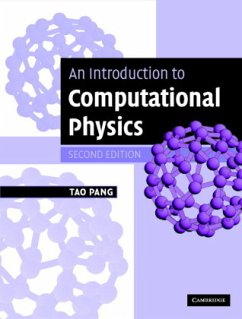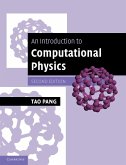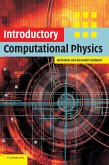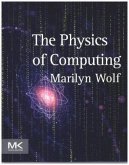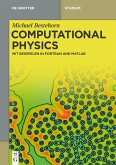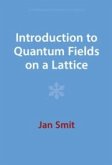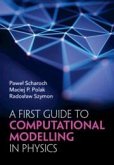Thoroughly revised for its second edition, this advanced textbook provides an introduction to the basic methods of computational physics, and an overview of progress in several areas of scientific computing by relying on free software available from CERN. The book begins by dealing with basic computational tools and routines, covering approximating functions, differential equations, spectral analysis, and matrix operations. Important concepts are illustrated by relevant examples at each stage. The author also discusses more advanced topics, such as molecular dynamics, modeling continuous systems, Monte Carlo methods, genetic algorithm and programming, and numerical renormalization. It includes many more exercises. This can be used as a textbook for either undergraduate or first-year graduate courses on computational physics or scientific computation. It will also be a useful reference for anyone involved in computational research.
Hinweis: Dieser Artikel kann nur an eine deutsche Lieferadresse ausgeliefert werden.
Hinweis: Dieser Artikel kann nur an eine deutsche Lieferadresse ausgeliefert werden.

